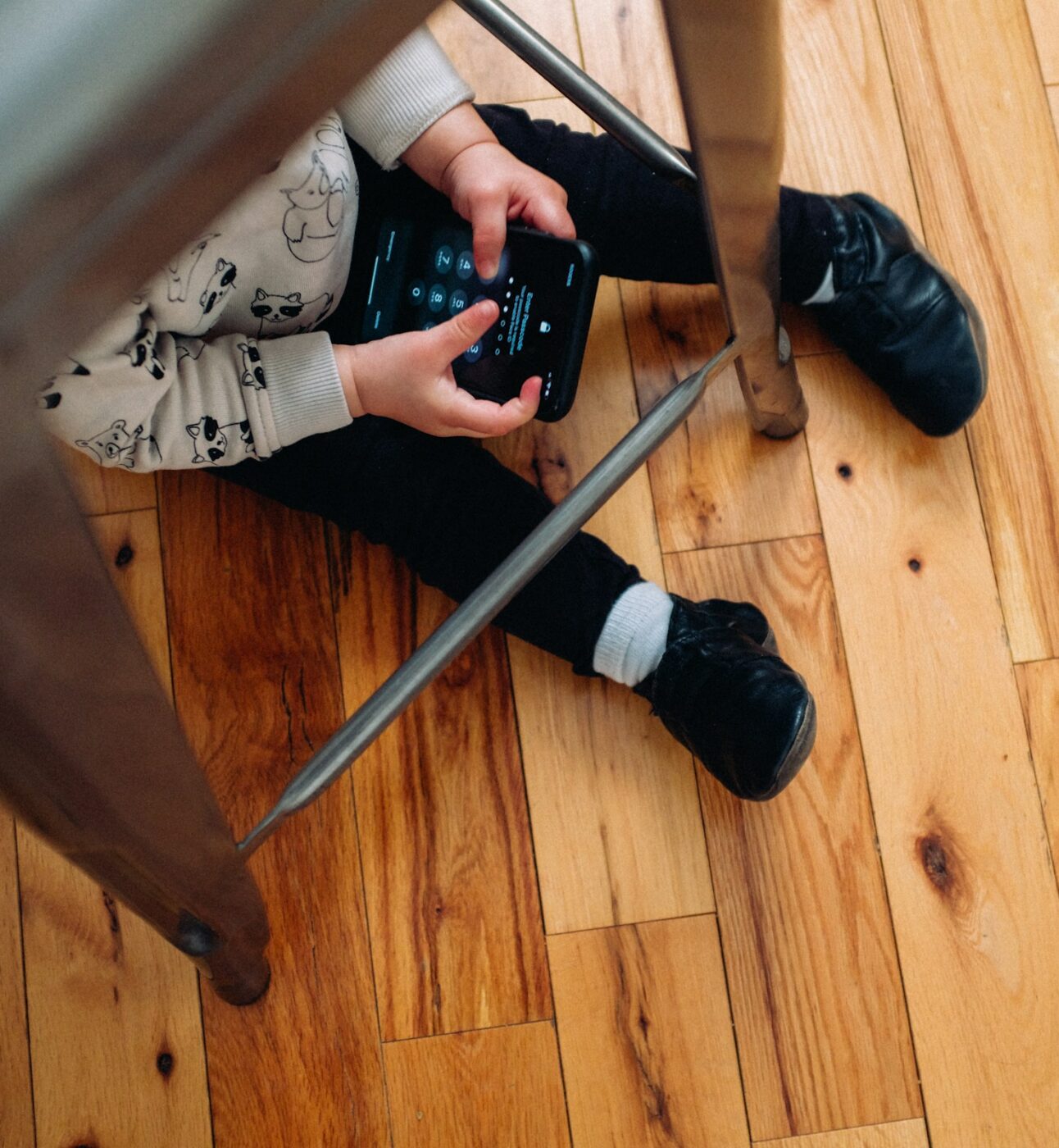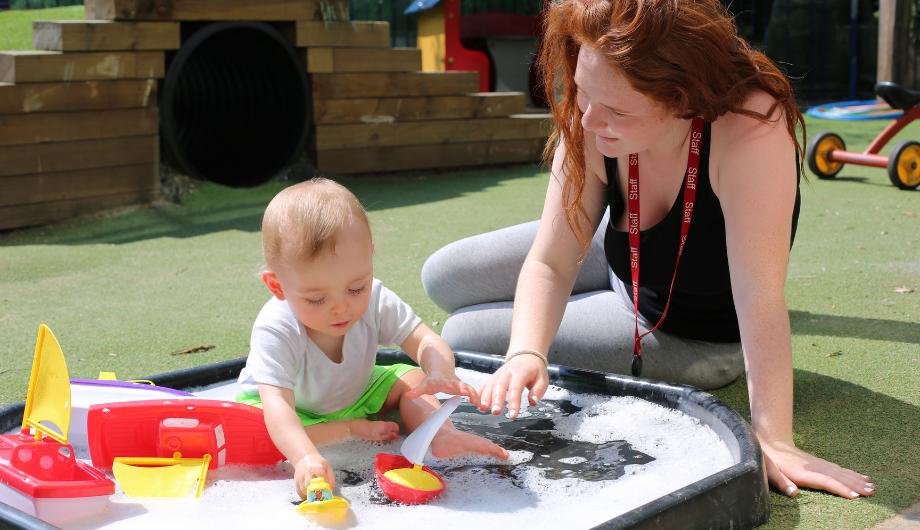
Talking Early Years: In Conversation with Prue Leith
We are all in a terrific conspiracy, we are all making money from it! Listen to Prue Leith’s take on obesity… In this podcast…
October 3rd 2017
On the 29 August three LEYF managers and I boarded a luxury Easyjet to attend the EECERA Conference in Bologna. Any of you who are kind enough to read my blogs will spot previous stories from EECERA conferences, which is now the largest early childhood research conference.
There are a number of reasons why I try and attend the annual conferences:
1. They are interesting.
2. They are run by Professor Chris Pascal, a great supporter of LEYF
3. They are a place where practitioners and academics can meet and chat about the true meaning of action research.
4. Italy’s always wonderful to have an opportunity to talk pedagogy for three days with colleagues.
5. They are always in Europe but attract people from outside Europe so no red eye for us!
The hardest challenge I have is deciding how we choose who from LEYF can attend. Out of 700 staff, I can generally only afford three places, although I was able to bring 10 nursery managers with me twice but that’s when we were small and we did not have so many fiscal challenges!
To attend this year, I asked managers to write a paper about their contribution to action research and I was pleased to have three very clear candidates, one of whom speaks Italian and actually studied at Bologna University. This proved very helpful during the week as we negotiated the complexity of Bologna geography and eateries because to save money we stayed in a hotel 40 minutes in the opposite direction to the conference. The results were beneficial to the left side of our brain! We had to figure out the buses, map our route through some complicated medieval streets and learn how far we could walk in 32 degree heat!
The highlights of the conference were many. A trip to Reggio Emilia to meet their passionate staff and see the schools without the children.
Surprise tickets to the conference dinner from our great supporters in Tasmania,
Seeing examples of practice described as ”great and innovative” which is commonplace in LEYF nurseries.
Practitioner led research or as we say at LEYF Action Research is more and more valued.
Best pedagogical conversations over dinner on warm Italian evenings or eating melting ice cream. Somehow, analysing pedagogical documentation and the challenges of embedding change doesn’t feel quite so tough when sipping an ice cold Aperol.
A powerful message for Mrs May and her tousled haired Boris as they work out our divorce from Europe, is to remember that we need to be strengthening our learning relationships with Europe not separating ourselves from them. We need to have somewhere to go to lead and contribute to challenging pedagogical debates. The keynote speech from Michel Vandenbroeck, Head of the Department of Social Work and Social Pedagogy at Ghent University reinforced this. I have always followed his work because of the emphasis on the impact of poverty and disadvantage on children. One of the LEYF managers also notes this and commented:
”I found Michel’s speech particularly inspiring as he refers to all of us who work in the sector as people who can impact on opinion and politics¦ We are part of the system that drives change in early years and ultimately we are one of the driving forces of education and have to promote children’s rights in Early Years regardless of their economic condition. We have the greatest part to play in delivering equality and justice in a child’s interest in our society, addressing and ensuring to deliver this in our daily practice. Furthermore our opinions as an educator do matter, as we are fundamental part of early years education in society and together with other relevant parties in the system we can achieve equality and justice in children’s rights.” Selamawit
The trip to Reggio was interesting. It has always been an approach steeped in social justice and with great similarities in philosophy to LEYF.
We loved the way the Reggio teachers display their resources to really capture the children’s interest and appreciation of order and beauty; a key element of the LEYF pedagogy. I hate clutter, disorganisation and disarray. I believe children deserve to be in beautiful places and learn to appreciate the joys of a clam ordered space. It’s a reason I get so fed up about litter. Clearly Reggio has the same respect for children. The team came away revisiting their approach to how to display Lego and pens and also how to create a really awe inspiring art gallery.
So what will we do at LEYF?
Mark and Leonie have been struggling with the best ways of supporting children’s wellbeing as part of the core DNA of the organisation. Their action research has involved looking at a range of broad approaches such as mindfulness, yoga, music, activities as part of the routine. The conference gave them space to start to fine hone their ideas and so they have reached their idea of just ‘Letting Children Be’ and not rushing children. We live in a busy city, we have busy parents, we have policy that drives rushing to meet the developmental tick box, talking, writing, reading, no time to wallow in play and come to all those things in a natural and appropriate way.
”We will remember the attention put into the art of display. Look at the pleasure children gain from such beautiful displays. We want to revive the WOW factor.” Mark and Leonie
We will make the display and setting up as appealing as possible. Group the pencils by colour, provide some picture frames and flowers, group the wooden blocks by the shape. The simplest things can create the richest child led learning. Simple but effective.
We are going to have the confidence to re-establish projects and follow the children’s lead for as long as is needed. Marsham Street tested this recently building on the children’s great interest in fish. This led to a trip to the fish market to see the crabs and fish and then to the pet shop to choose their own fish. When staff members got worried that the fish tank had not been cleaned and was not ready for fish , we made the cleaning part of the project and got the children involved, adding solution, cleaning the filter and arranging the ornaments to create a fish palace. The experience was deeper, the concentration was intense and the language luscious.
We will strengthen the role of pedagogical mediator, something that merited quite a lot of debate in Italy. It’s the means by which we mediate the learning of staff. So we probe and question in order to build a culture of enquiry not just accepting what has been told to you with no understanding of why.
There were some amazing art work where children had a voice. Warwick is now currently reflecting this by planning an ‘Art Gallery’ in the dining room. The children will visit the Tate and use their learning to plan their our own gallery. We will give them the opportunity to make a variety of art from wire sculptures to painting; anything they think art could be. Who knows the children may discover a new form of art altogether!
Why should we attend?
People were very interested in what we were doing, and it was a testament to the organisations culture of questioning that all of us were willing to confidently contribute and debate.
”…LEYF is really ahead of the game and the LEYF pedagogy really captures great experiences and outcomes for children for leaders and teachers to follow.” Leonie
”It is a rewarding experience for colleagues to attend ECCERA conference because of its wider perspective to Early Years. It gives a sense of pride to be part of a sector that is in constant evolution. It is a good opportunity to keep knowledge refreshed and up to date, reminding us of the important impact that we have in society and in children’s lives. What I have learned is to better understand children needs and to hear their voices in order to be an ambassador for them. I believe that I became even more child centred and reflective in my setting practice.” Selamawi
”For me, the highlight of the whole trip was to spend an entire week talking about pedagogy, quality and children. No talk of occupancy or budgets, but a full focus on children’s learning. Meeting so many international colleagues, and finding out about their own struggles and successes within their respective countries. It was a true show of solidarity, with a sector determined to take control of its own future.” Mark
”Spending five days with June also gets all your questions answered on all things LEYF, the future for early years and is also lots of fun!” Leonie
”I arrived back in my nursery full of enthusiasm and ideas. Working as a nursery manager requires balancing the nursery business needs with the quality of children’s learning. The conference reinvigorated me, and reminded me of my passion for high quality early childhood education, as well as the role I play in making sure that our nurseries are the best places for learning for staff and children alike.” Mark
Nothing more to say but thank you to each of you who brought the LEYF Teacher to life.

We are all in a terrific conspiracy, we are all making money from it! Listen to Prue Leith’s take on obesity… In this podcast…

It is Good to Talk! The signs of things going wrong in society are usually first evident in small children. The widespread dependence on Smartphones is…

Talking Early Years – In Conversation with Dr Ger Graus The power of play is recognised within the Early Years sector as essential to children’s development. Playing is…